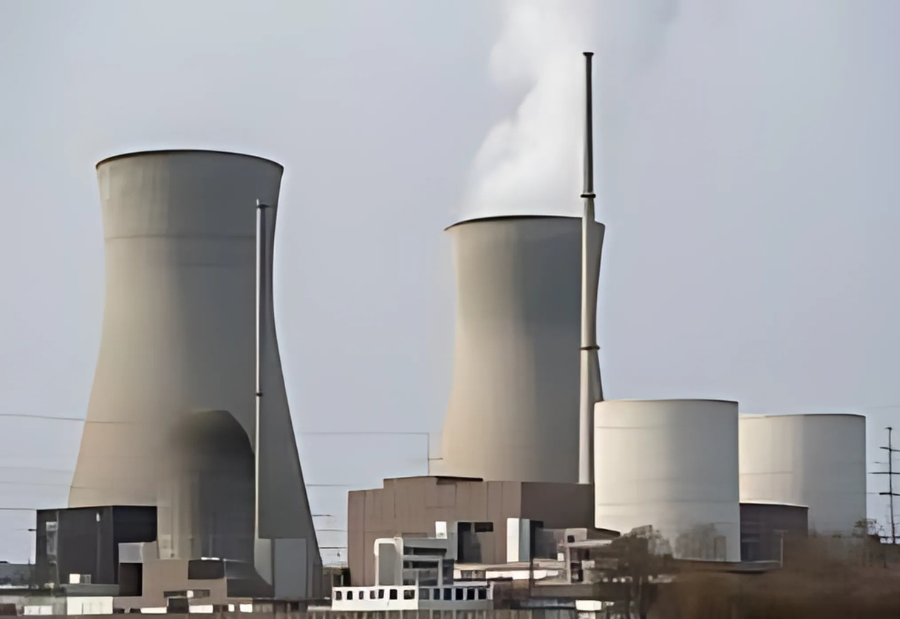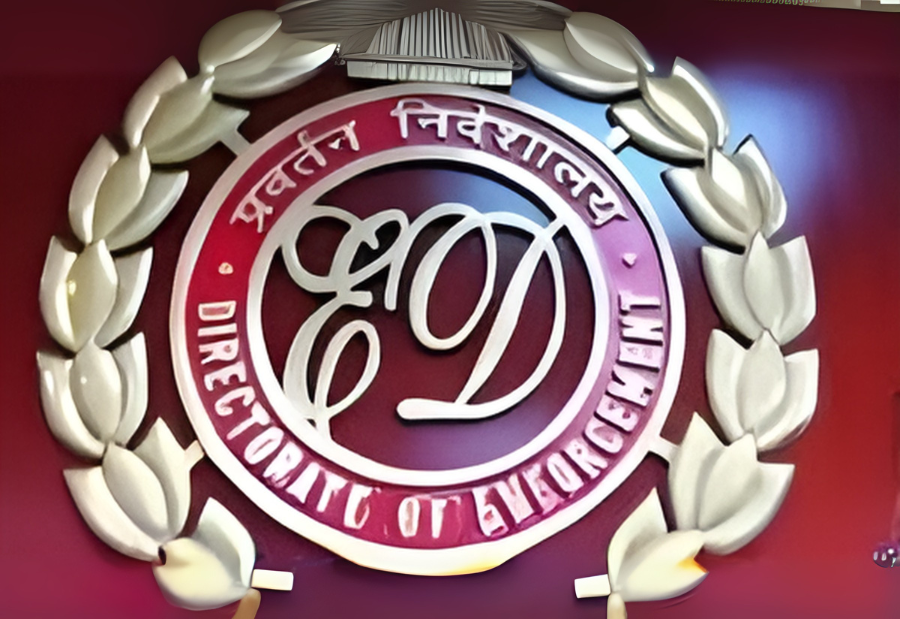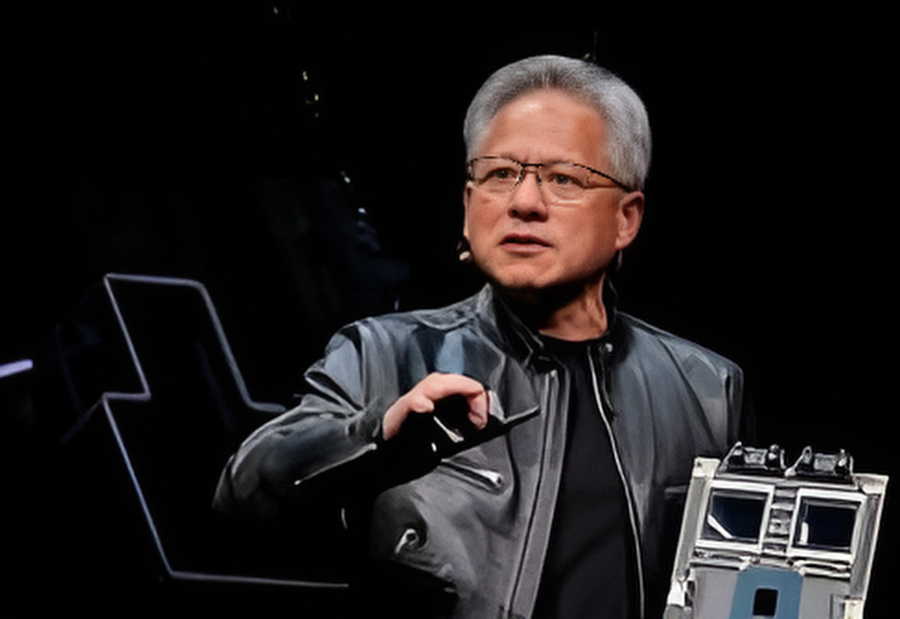The government is planning to unlock the atomic energy sector for private participation, similar to how it opened the space sector earlier. This move is part of a broader goal to boost nuclear power capacity to 100 gigawatt by the year 2047, said P K Mishra, Principal Secretary to Prime Minister Narendra Modi.
Speaking at the 68th graduation function at the Bhabha Atomic Research Centre Training School in Mumbai, Mishra said this shift is vital for ensuring clean energy and strengthening national security. He also emphasized that nuclear energy is an important part of India’s strategy to tackle climate challenges and drive sustainable growth.
Highlighting key proposals from the Union Budget 2024 to 2025, Mishra mentioned government support for research and development of Bharat small modular reactors and advanced nuclear technologies. He also spoke about the proposed amendments to the Civil Liability for Nuclear Damage Act of 2010, aimed at allowing more private sector participation in the nuclear power sector.
Finance Minister Nirmala Sitharaman had earlier noted that nuclear energy would play a major role in the country’s future energy mix. She had announced plans to involve private companies in setting up small reactors and funding research through the ₹1 trillion research fund introduced in 2024.
India currently has 8.7 gigawatt of nuclear power generation capacity. Mishra pointed out the high costs associated with nuclear projects and stressed the need for timely completion, access to affordable finance, and efficient use of private sector capabilities to lower electricity tariffs.
He called on scientists to focus on cost-reduction strategies to make nuclear energy a top power source for India. He also stressed the need to strengthen safety regulations and encouraged continued investment in safety-related research, especially with growing private involvement.
Mishra said public trust in safety standards is essential and highlighted the importance of strong oversight by bodies like the Atomic Energy Regulatory Board and the BARC Safety Council.
He also spoke about India’s strong digital infrastructure, its startup ecosystem with over 100 unicorns, and the country’s bold climate goals including 500 gigawatt of non-fossil fuel capacity by 2030. Mishra noted that nuclear energy has social benefits too, such as its role in cancer treatment and wastewater management.
He urged researchers to find ways to bring lab innovations to the market.
Also read: Viksit Workforce for a Viksit Bharat
Do Follow: The Mainstream formerly known as CIO News LinkedIn Account | The Mainstream formerly known as CIO News Facebook | The Mainstream formerly known as CIO News Youtube | The Mainstream formerly known as CIO News Twitter |The Mainstream formerly known as CIO News Whatsapp Channel | The Mainstream formerly known as CIO News Instagram
About us:
The Mainstream formerly known as CIO News is a premier platform dedicated to delivering latest news, updates, and insights from the tech industry. With its strong foundation of intellectual property and thought leadership, the platform is well-positioned to stay ahead of the curve and lead conversations about how technology shapes our world. From its early days as CIO News to its rebranding as The Mainstream on November 28, 2024, it has been expanding its global reach, targeting key markets in the Middle East & Africa, ASEAN, the USA, and the UK. The Mainstream is a vision to put technology at the center of every conversation, inspiring professionals and organizations to embrace the future of tech.




